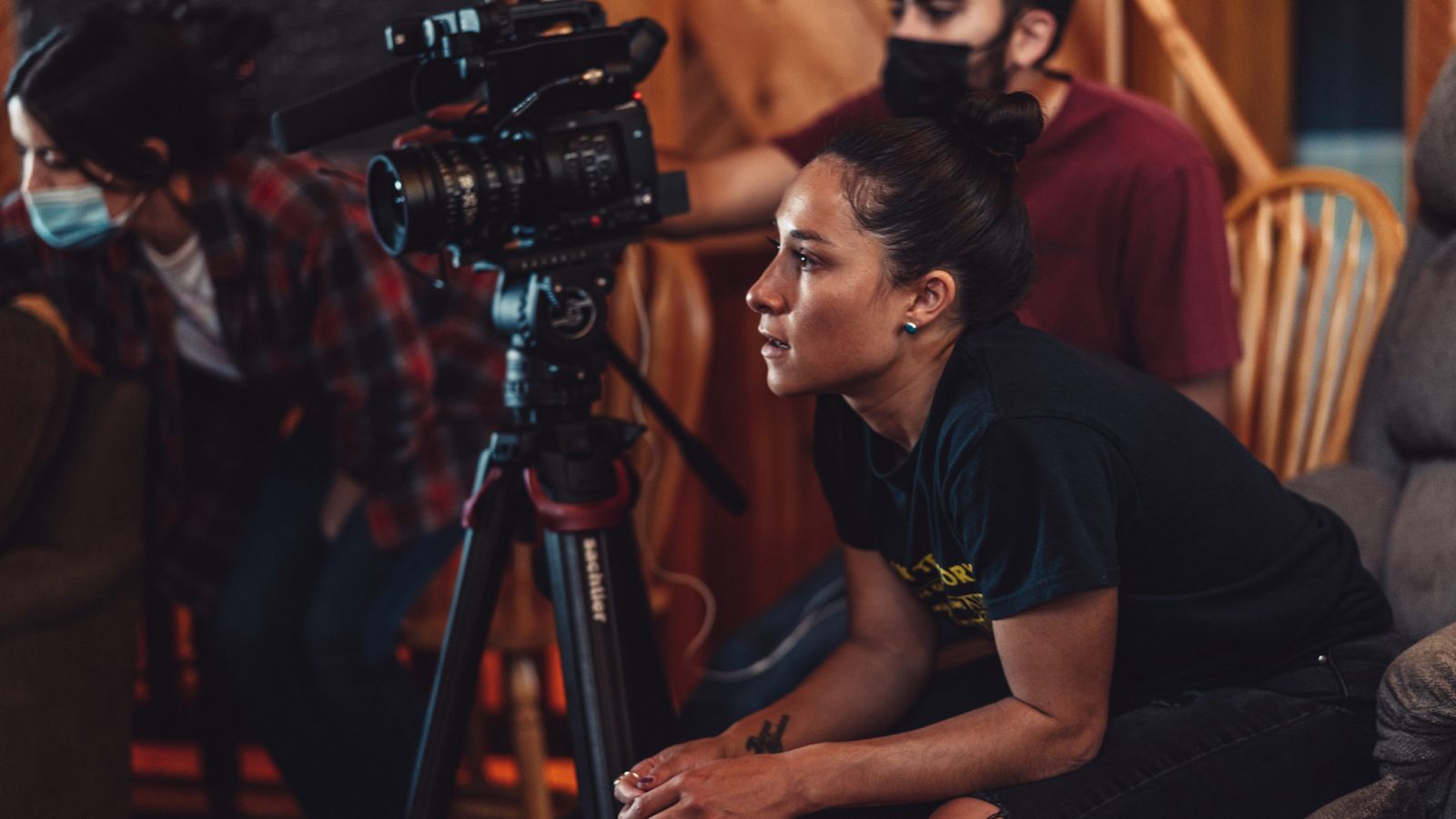‘Kin Theory: Why Indigenous Representation Matters’ opens conversation with Indigenous media makers
Story Courtesy of FSU News
Florida State University’s Department of Art History will co-host a virtual film screening and panel discussion about the importance of narrative sovereignty, where Indigenous creators regain control of their stories in a rapidly shifting industry landscape.
“These films and scholarship offer significant examples of self-representation and demonstrate that Indigenous peoples and cultures exist in the present,” said Michael Carrasco, associate dean of the College of Fine Arts. “They are critical tools for changing stereotypical depictions of Native Americas in the United States and of Indigenous peoples worldwide.”
The event, “Kin Theory: Why Indigenous Representation Matters,” will focus on the importance of inclusion of Indigenous artists in front of and behind the camera, to amplify Indigenous stories, perspectives and protocols at all levels. This virtual panel discussion will take place at 6 p.m. Tuesday, Nov. 9.
Participants will watch stories and hear from Indigenous media makers in film and television including Brit Hensel, writer, award-winning filmmaker and cinematographer (“OsiyoTV,” “Reservation Dogs,” Reciprocity Project); Princess Daazhraii Johnson, producer and screenwriter (“Molly of Denali,” Reciprocity Project); and Theola Ross, social worker and filmmaker (NSI IndigiDocs, “CBC ShortDocs”). Tracy Rector, the managing director of storytelling at Nia Tero, will moderate the event.
“I think it’s time we ask ourselves, ‘who is telling this story and why?’” Hensel said. “Empowering Indigenous folks to be the shapers of their own stories is a vital component in cultivating perspective and raising consciousness. It is also an act of sovereignty. After all, we know our communities best, and we are the only ones capable of sharing our stories in a way that promulgates health, hope and truth-telling.”
Florida State University’s Department of Art History, College of Communication and Information, School of Communication, the FSU Native American and Indigenous Studies Ad Hoc Committee and Nia Tero, a nonprofit that works with Indigenous peoples and movements are co-hosting this event.
“I am excited for the FSU campus community and wider public to have an opportunity to learn from leading Indigenous creatives who are breaking new ground within the media industry today,” said Kristin Dowell, director of Museum and Cultural Heritage Studies and co-organizer for the event.
The organizations believe that by increasing collaboration, there is hope for more opportunities for different groups of creators.
“Indigenous storytelling links a millennium of knowledge with current day life,” Rector said. “As you’ll see from the beautiful video of these panelists, it is integral not only to Indigenous family life today, generational healing and future growth but also to climate justice that benefits all we share this Earth with, Indigenous and otherwise.”
Those who register for the event in advance will receive a private link to watch media work created by the panelists.
For more information or to register, visit https://arthistory.fsu.edu/kin/.
